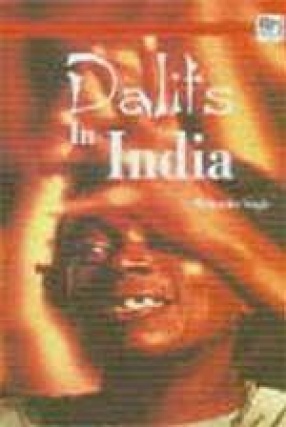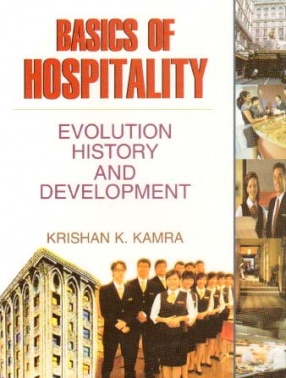Mr. Pearson’s discussion of the reaction of the rulers and merchants of Gujarat, in western India, to the trade-control measures imposed by the Portuguese in the sixteenth century makes two contributions to historical research. His analysis of the Portuguese attempt to control and tax Asian maritime trade provides the first comprehensive account of this policy. In addition, it makes clear how different the Portuguese impact on sixteenth-century India was from that of the Dutch and English in the next century. Mr. Pearson argues that the Gujarati response to Portuguese attempts to control their sea trade-basically one of acquiescence and of acceptance of Portuguese hegemony-cannot be explained solely on military or economic grounds. The powerful rulers of Gujarat could have exerted effective pressure on the Portuguese to end the system; they refrained from doing so because they did not consider that Portuguese activities threatened their interests. In the discrete political system that existed in medieval Gujarat communication between ruler and subjects was so slight that merchants could function autonomously and thus were free to accept Portuguese dominance of their maritime activities. These findings provide a fresh perspective on medieval Indian polity, and run counter to the accepted view of it as having been wholly autocratic or even despotic.

Merchants and Rulers in Gujarat
In stock
Free & Quick Delivery Worldwide
reviews
Bibliographic information
Title
Merchants and Rulers in Gujarat
Author
Edition
1st ed.
Publisher
Length
280p.
Subjects




There are no reviews yet.